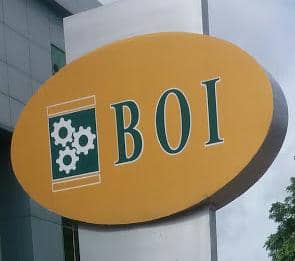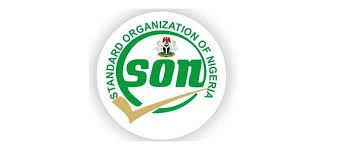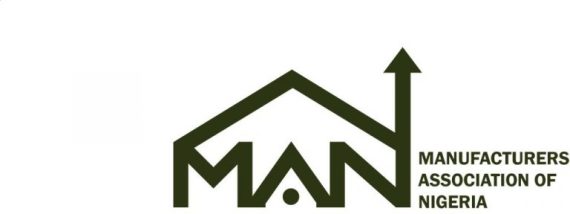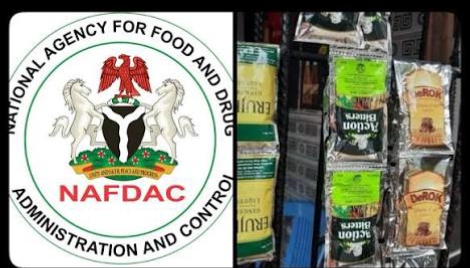The Manufacturers Association of Nigeria (MAN)has called on the Federal Government government to put in place a phased implementation policy for the proposed single-use plastics ban.
This is to allow the operators in the sector sufficient time to adapt and mitigate disruptions that will arise from the ban.
MAN, in a position statement on Tuesday, made available to Industrialtimesngr.com, also advocated for an adequate government-stakeholders engagement and collaborative efforts on the journey to the eventual elimination of single use plastics.
‘MAN supports a balanced approach in addressing the challenges posed by single-use plastics. While recognizing the need to protect the environment, we also emphasize the importance of mitigating economic disruptions for our members,” said MAN.
The association, assures it’s committed to collaborating with government agencies, environmental groups, and other stakeholders to develop sustainable solutions that balance environmental concerns with the need to protect jobs and guarantee the survival of businesses.
The statement further reads: “In this regards, adequate incentive should be given to offset the costs of adopting alternative materials, including tax breaks to encourage investment in sustainable technologies, and comprehensive training programmes to equip the workforce with the necessary skills.
Furthermore, we proposes the establishment of a dedicated fund to support Research and Development into sustainable packaging solutions.
This would foster innovation and create new business opportunities within the manufacturing sector.
It is also important to state that many manufacturers have already commenced the implementation of extended producer responsibility (EPR) schemes, which hold producers responsible for the entire lifecycle of their products, including end-of-life management.
“By working collaboratively with the government and other stakeholders, MAN is ready to play a crucial role in shaping a win-win transition to a single-use plastics free environment.
The one that minimizes business closures and job losses, and ensures a smoother transition to a circular economy.”
“The impending ban on single-use plastics will necessitate significant operational overhauls for companies within this sector”
The Impact of the Single-Use Plastics Ban on Manufacturing Companies
The association noted that the proposed nationwide ban on single-use plastics will undoubtedly impact the operational landscape for businesses across diverse sectors.
Concerned manufacturers, distributors/retailers and consumers will have their production processes, supply chains, and consumer behaviors significantly altered.
This regulatory shift will precipitate significant investments in research and development to identify, develop, and implement viable alternatives to single-use plastics.
Businesses will have to explore eco-friendly materials, redesign packaging formats, and potentially invest in new manufacturing equipment.
Supply chains will also undergo a transformation as companies seek out new suppliers of sustainable materials, explore opportunities for recycling and reuse, and build relationship with waste management facilities.
The impending ban on single-use plastics will necessitate significant operational overhauls for companies within this sector. Manufacturers will be compelled to reconfigure their production processes to align with the new regulatory landscape.
This transition will involve substantial investments in research and development to identify and adopt suitable alternative materials. Acquiring new machinery and equipment, as well as modifying existing infrastructure, will be essential to accommodate the production of these alternative products.
Moreover, the shift towards sustainable materials will disrupt established supply chains. Companies will need to establish new partnerships with suppliers of alternative raw materials, potentially leading to increased costs and logistical challenges.” ▪︎











